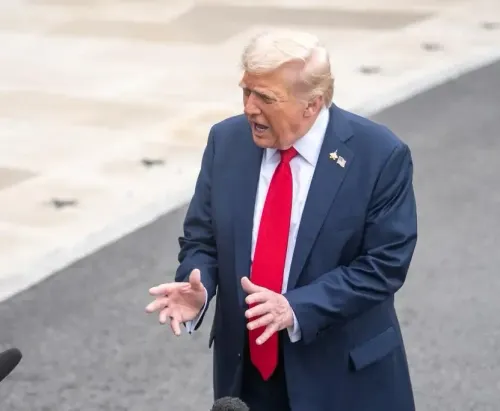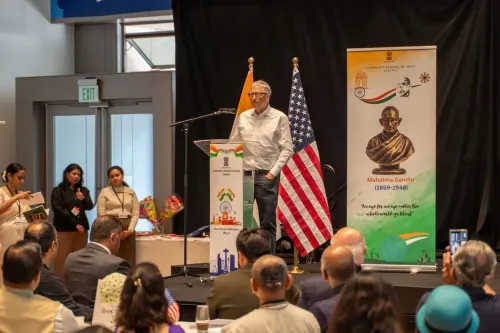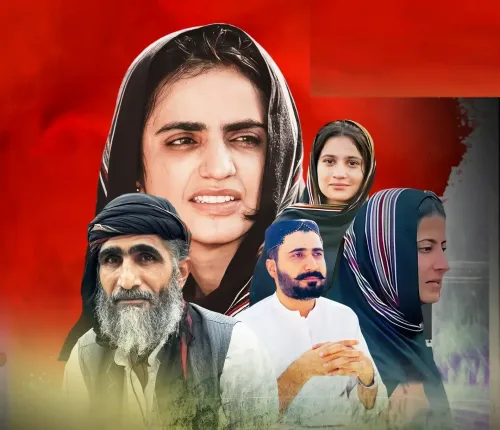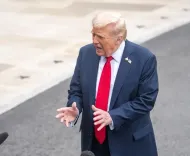Why Were 39 Bangladeshi Nationals Deported from the US?
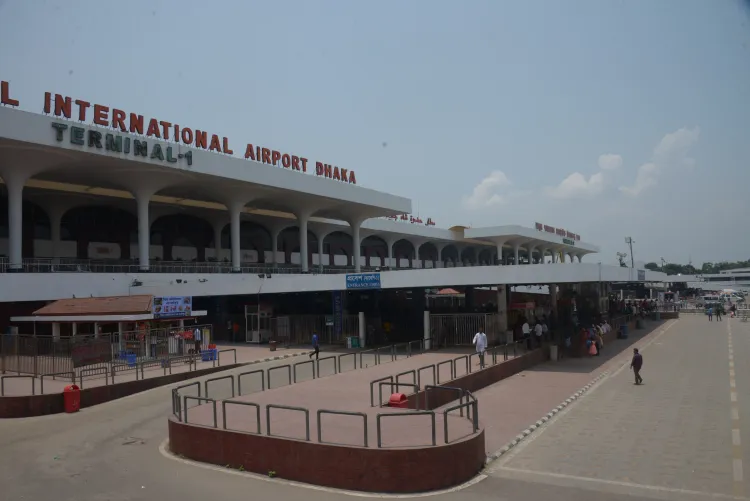
Synopsis
Key Takeaways
- 39 Bangladeshi nationals were deported from the US.
- Many sold assets or borrowed money to reach the US.
- Asylum requests by deportees were denied.
- The deportation is part of a broader crackdown on undocumented immigrants.
- Public protests have emerged against immigration policies.
Dhaka, Aug 2 (NationPress) A total of 39 Bangladeshi nationals, including one woman, were sent back to Bangladesh from the United States, landing in Dhaka on Saturday.
Officials at Hazrat Shahjalal International Airport confirmed that these individuals were flown in on a C-17 military aircraft from the US.
As reported by Dhaka Tribune, some deportees alleged that they were handcuffed during the entire flight.
One individual expressed, "We are not criminals; we merely sought asylum. However, we were treated like dangerous offenders." This sentiment highlights the distressing conditions faced by those seeking refuge.
According to Shariful Hasan, Associate Director of the Bangladesh Rural Advancement Committee (BRAC) Migration Programme, many deportees had to sell family assets or incur significant debts, sometimes reaching Tk 30–40 lakh, to travel to the US through irregular pathways, including Mexico and South America.
Upon their arrival in the US, they had applied for asylum, but their requests were rejected by immigration authorities and the courts, which ultimately resulted in their deportation, Hasan explained.
This action is part of a broader initiative by US immigration officials to enforce stricter immigration policies. Since taking office, the Donald Trump administration has increased efforts to deport undocumented migrants.
In June, President Trump mandated that Immigration and Customs Enforcement (ICE) officials intensify their deportation activities against what he referred to as "illegal aliens" in major cities across the US.
This directive came in response to widespread protests in cities like Los Angeles against the administration’s immigration policies.
Trump stated on his social media platform, Truth Social, "Our Nation's ICE Officers have displayed remarkable strength and determination. This operation represents the largest mass deportation initiative in history. Despite facing threats and harassment from certain politicians, we remain committed to our mission and the American people."
He emphasized the need for immigration officials to enhance efforts to detain and deport undocumented individuals in major urban centers such as Los Angeles, Chicago, and New York, where he claimed millions reside.


